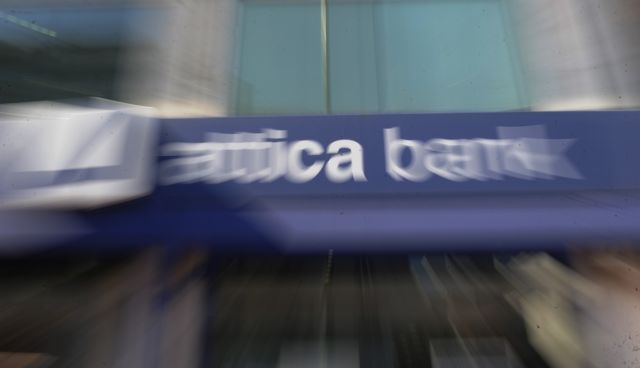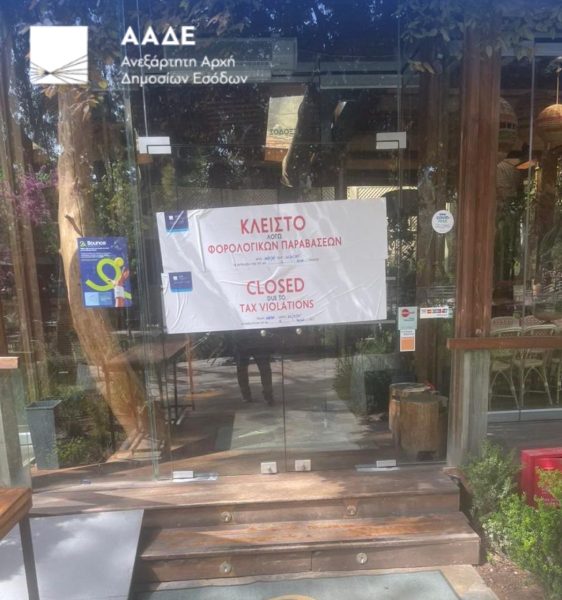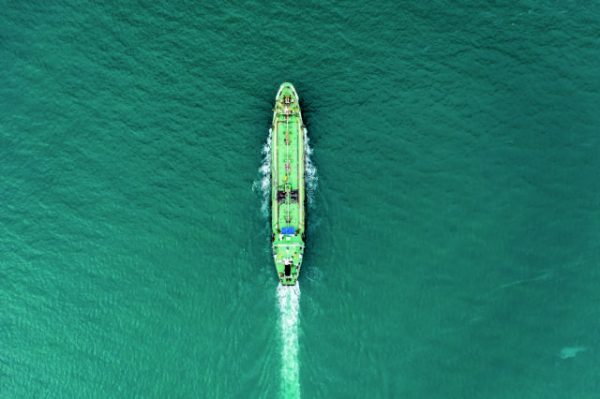
Greek Economy and Finance Minister Kostis Hatzidakis on Tuesday, speaking before a relevant Parliament committee, said a current deal allowing a strategic investor to acquire and merge with non-systemic Attica Bank is “the best agreement” available for both the latter and the economy.
Hatzidakis reminded MPs serving on the committee of what he called the problematic course of the bank over the past 12 years, as well as the fact that regulatory authorities have warn that if the agreement is not achieved then a succession of problems will arise. He also underlined that only one investment scheme has emerged to acquire the specific bank, with whom the ministry has been in negotiations with the latter’s representatives for months.
The relevant committee has convened to deliberate over a draft law detailing a contract for the merger and investment of Attica Bank by Thrivest Holding Ltd., whose primary shareholders also control Pancreta Bank.
“I was obliged to answer two questions: First, what would happen if, adopting the views of certain opposition political parties, I rejected this agreement, which was reached after long negotiations. And secondly, if this deal is beneficial, or if there was another investor who would put in more money.”
In terms of the first question he posed, Hatzidakis read out portions of a letter he received from Bank of Greece (BoG) Gov. Yannis Stournaras.
According to the letter read by Hatzidakis, the influential central banker cited the vulnerable position of both banks, Attica and Pancreta, with failure to merge the two leading … “to their collapse, as they would not have access to ECB borrowing, and do not have sufficient liquidity to cover extreme deposit outflows.”
The minister said that, in this case, 1.6 billion euros in depositors’ money would be lost, namely, 909 million euros of non-guaranteed deposits held by Attica Bank and 726 million euros in deposits held by Pancreta Bank.
He flatly said there was “no other investor” interested in Attica Bank, in answering his second question.
Source: tovima.com
Latest News

Hellenic Food Authority Issues Food Safety Tips for Easter
Food safety tips on how to make sure your lamb has been properly inspected and your eggs stay fresh.

Greek Kiwifruit Exports Smash 200,000-Ton Mark, Setting New Record
According to data by the Association of Greek Fruit, Vegetable and Juice Exporters, Incofruit Hellas, between September 1, 2024, and April 17, 2025, kiwifruit exports increased by 14.2%.

Easter Tourism Boom: Greece Sees 18.3% Surge in Hotel Bookings
Among foreign markets, Israel has emerged as the biggest growth driver, with hotel bookings more than doubling—up 178.5% year-on-year.

Greece to Launch Fast-Track Tender for Offshore Hydrocarbon Exploration
Last week, Papastavrou signed the acceptance of interest for the two Cretan blocks, while similar decisions regarding the two Ionian Sea blocks were signed by his predecessor

American-Hellenic Chamber of Commerce to Open Washington D.C. Branch
AmCham's new office aims aims to deepen U.S.-Greece economic ties and promote investment and innovation between the two countries

Why Greece’s New Maritime Spatial Plan Is a Geopolitical Game-Changer
This landmark development is more than just a bureaucratic step — it's a strategic declaration about how Greece intends to use, protect, and assert control over its seas

Eurozone Inflation Eases to 2.2% in March
Compared to February, inflation decreased in 16 member states, remained unchanged in one, and rose in ten.

Bank of Greece: Primary Gov. Surplus €4.1b Jan.-March 2025
The data released today by the Bank of Greece revealed that the central government’s overall cash balance recorded a surplus of €1.465 billion in the first quarter of 2025, compared to a deficit of €359 million in the corresponding period of 2024.

Greek Government Reissues 10-Year Bond Auction for €200 Million
The amount to be auctioned will be up to 200 million euros, and the settlement date is set for Friday, April 25, 2025 (T+5)

Greece Defines Continental Shelf Limits and Maritime Zones in Landmark EU Document
The Maritime Spatial Planning (MSP) framework represents a comprehensive approach to spatial planning and is crucial for the successful development of a blue and circular economy








![Πλημμύρες: Σημειώθηκαν σε επίπεδα ρεκόρ στην Ευρώπη το 2024 [γράφημα]](https://www.ot.gr/wp-content/uploads/2025/04/FLOOD_HUNGRY-90x90.jpg)

































 Αριθμός Πιστοποίησης
Αριθμός Πιστοποίησης